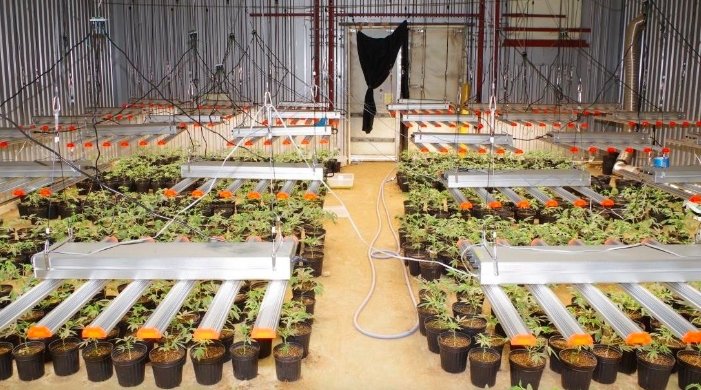Japan has seen a significant demographic shift, with its foreign population rising to 2.25% of the total population. This increase comes as the number of Japanese citizens continues to decline, highlighting the country’s evolving demographic landscape. The rise in foreign residents is attributed to various factors, including labor shortages and Japan’s efforts to attract more international talent. This demographic change presents both opportunities and challenges for Japan as it navigates its future.
Demographic Shifts and Economic Implications
Japan’s population dynamics are undergoing a notable transformation. The number of Japanese citizens has been steadily decreasing, with a drop of 500,000 in 2019 alone. In contrast, the foreign population has increased by 200,000, reaching 2.25% of the total population. This shift is largely driven by Japan’s aging population and declining birth rates, which have created a need for more workers to support the economy.
The influx of foreign residents is seen as a potential solution to Japan’s labor shortages. Many industries, particularly in the service and manufacturing sectors, are experiencing a significant demand for workers. By attracting foreign talent, Japan aims to fill these gaps and sustain its economic growth. However, integrating a growing foreign population also poses challenges, such as ensuring adequate support and resources for newcomers.

The government has implemented various policies to facilitate the integration of foreign residents. These include language and cultural programs, as well as initiatives to improve access to healthcare and education. By addressing these needs, Japan hopes to create a more inclusive society that can benefit from the contributions of its diverse population.
Social Integration and Cultural Exchange
As Japan’s foreign population grows, so does the importance of social integration and cultural exchange. The presence of foreign residents brings new perspectives and experiences, enriching Japanese society. However, it also requires efforts to foster mutual understanding and acceptance between Japanese citizens and newcomers.
Community programs and events play a crucial role in promoting cultural exchange. Local governments and organizations often host festivals, workshops, and language classes to encourage interaction between Japanese residents and foreign nationals. These initiatives help build bridges and create a sense of community, making it easier for newcomers to adapt to their new environment.
Education is another key area for promoting integration. Schools are increasingly offering support for foreign students, including language assistance and multicultural programs. By providing a welcoming and supportive environment, educational institutions can help foreign children and their families feel more at home in Japan.
Despite these efforts, challenges remain. Discrimination and prejudice can hinder the integration process, making it essential for Japan to continue promoting inclusivity and understanding. By addressing these issues, Japan can create a more harmonious society that values diversity and the contributions of all its residents.
Future Prospects and Policy Directions
Looking ahead, Japan’s demographic trends suggest that the foreign population will continue to grow. This presents both opportunities and challenges for the country. On one hand, a diverse population can drive innovation and economic growth. On the other hand, it requires careful planning and policy-making to ensure that the needs of all residents are met.
The government is likely to continue its efforts to attract foreign talent, particularly in sectors facing labor shortages. This includes expanding visa programs and creating more pathways for permanent residency. By making it easier for skilled workers to come to Japan, the country can address its demographic challenges and support its economic development.
At the same time, Japan must focus on creating an inclusive society that supports the integration of foreign residents. This involves not only providing practical support, such as language and cultural programs, but also fostering a sense of belonging and acceptance. By promoting inclusivity and understanding, Japan can build a stronger, more cohesive society.
Japan’s rising foreign population is reshaping the country’s demographic landscape. While this presents challenges, it also offers opportunities for growth and enrichment. By embracing diversity and promoting integration, Japan can navigate its demographic changes and build a brighter future for all its residents.



